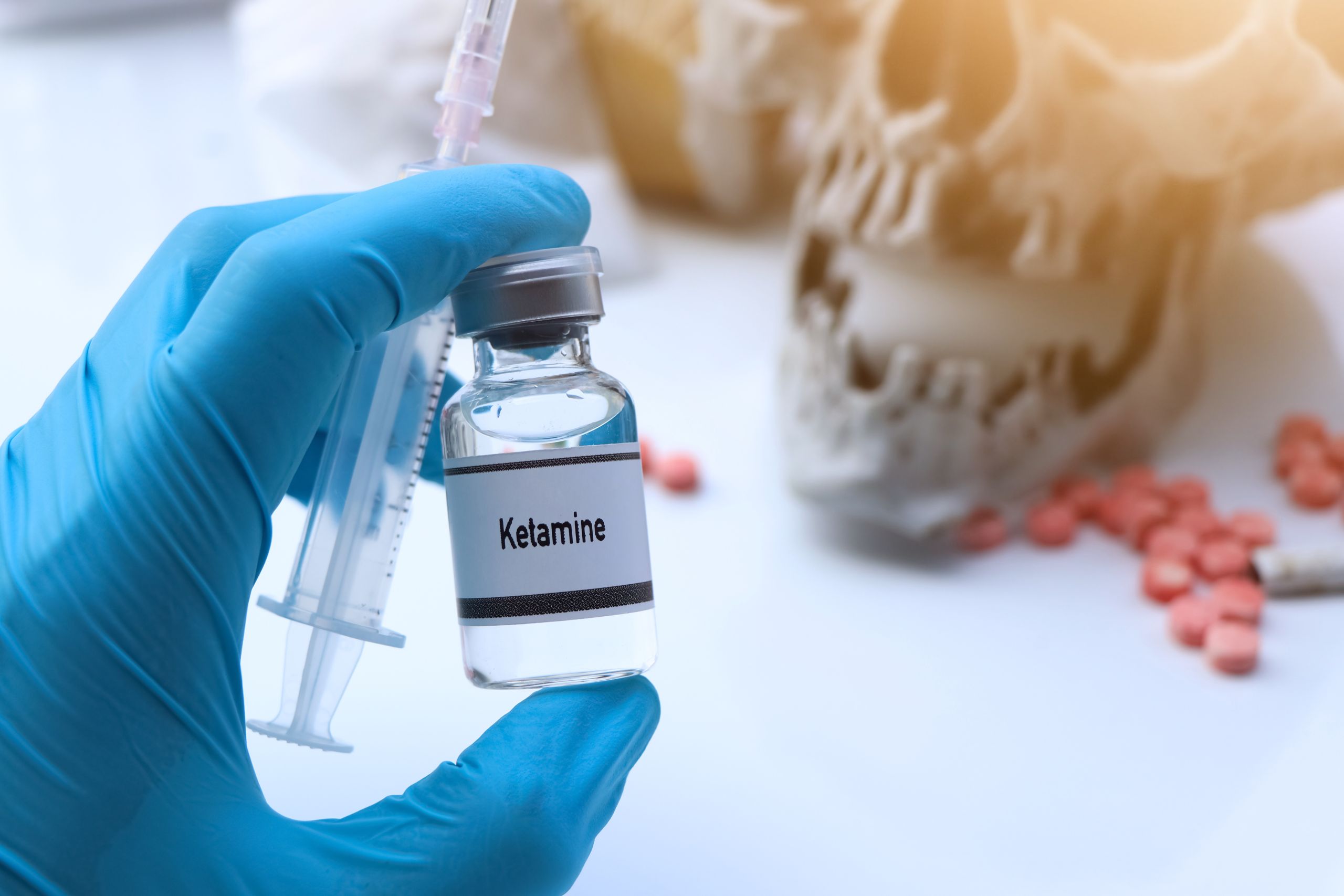
The death of Matthew Perry in a Pacific Palisades hot tub last year stunned most of America. No, Perry’s troubled and tortured substance use disorder history wasn’t a secret — but as far as we all knew, he was doing well in addiction recovery.
This NJRC article looks at the circumstances surrounding Matthew Perry’s ketamine-related death in the light of new information. We also take a look at how and why ketamine is being prescribed for some mental health conditions.
Matthew Perry Died With a Lethal Amount of Ketamine in His Body
It’s been almost ten months since Friends star Matthew Perry died, so it’s forgivable if this story wasn’t on your mind. But, it will no doubt have returned to your awareness over the last few weeks, especially if you have ever struggled with drugs or used ketamine.
The investigation into Perry’s death determined that a combination of cardiovascular overstimulation and respiratory depression was the cause. But, a lethal dose of ketamine is what brought him to that point. That last piece of information is stirring up the most controversy.
Criminal Charges Related to Matthew Perry’s Ketamine Death
The first shock in a celebrity overdose or drug death comes when the initial event hits the news. The second usually comes when the cause of death is officially determined and made public. Perry died on October 28, 2023 — but the official statement about the deadly amount of ketamine in his system didn’t drop until much later.
On August 16th of this year, we discovered that his personal assistant and at least two different doctors were being hit with criminal charges in relation to his death. In all, at least five people have been indicted in Matthew Perry’s death so far. It isn’t unheard of for people to be charged in connection with an overdose or drug-related death, especially when it’s a celebrity who has died.
How Did Perry Get Hold of a Lethal Amount of Ketamine?
Based upon what we know about the indictments in this case (at least two physicians were indicted), it’s fair to assume that Matthew Perry got at least some (if not all) of the ketamine legally. Ketamine is used to a limited degree to treat depression, chronic pain, trauma, and in some cases, even addiction ironically.
So, it certainly seems feasible that Perry had a legal prescription for ketamine. But it also seems possible that he may have obtained more of the drug than he was supposed to have. It remains to be seen how he got that much of the drug at once, as ketamine distribution is generally tightly controlled. We can only speculate. It’s possible that he had other people fill prescriptions and divert the drug for his use.
It’s possible he bought more ketamine illegally in the black market. There is also a chance that one or more of his doctors prescribed more of it than they should have. While at least five people have been indicted, two have been indicted- all of these are possibilities. We simply don’t know at this time until more is revealed about the circumstances of Matthew Perry’s death.
How did Matthew Perry end his life with ketamine?
- Ketamine is a powerful anesthetic that suppresses respiration at higher doses.
- Therapeutic doses of ketamine for mental health are too low to cause respiratory arrest.
- Matthew Perry took a higher-than-prescribed dose of ketamine.
- We cannot say whether or not Perry’s death was an accident or deliberate yet, we may never know.
Why is Ketamine Being Prescribed to People for Mental Health Disorders?
The legal use of ketamine under control conditions to treat depression, PTSD, and other ailments, such as chronic pain from fibromyalgia, is relatively new. Ketamine has been used as a surgical anesthetic for decades, so the drug itself isn’t new. Recreational users have also taken it for some time.
But it wasn’t until the 2010s that some mental health professionals and therapists began to more seriously explore the therapeutic use of ketamine to treat depression, anxiety, and other conditions like migraine headaches and even addiction.
Ketamine is prescribed for these conditions because it has been shown to be effective in relieving symptoms in clinical trials. Ketamine is often helpful for people with treatment-resistant depression in particular.
Some of the conditions ketamine is legally used to treat now include:
- Chronic pain
- Fibromyalgia
- Migraine headaches
- PTSD and other trauma disorders
- Treatment-resistant depression
Ketamine and Treatment-Resistant Depression
In 2019, the FDA approved a ketamine-based nasal spray called esketamine (Spravato) for treatment-resistant depression. Treatment-resistant depression or TRD is clinical depression that has failed to respond adequately to at least two different conventional antidepressants administered by a clinical in a controlled trial.
For a diagnosis of treatment-resistant depression to be made, a minimum of two conventional antidepressants must be tried for at least six weeks each. If the patient fails to get adequate depression relief from those two or more medications, they may be diagnosed with TRD. At that point, they may try ketamine for depression or other treatments like transcranial magnetic stimulation (TMS), which have shown promise for this condition.
Why Do Celebrity Drug Deaths Hit Different?
Any time a celebrity has a high-profile addiction struggle, and especially when a famous person dies as a result of drugs, we take a pause. Whether your life has been touched by addiction or not, a celebrity’s addiction reminds us all that the people we see on the small screens and the big ones are just like us.
That certainly must account for at least part of the shock factor. Of course, we know that anyone can become addicted. We know that everyone gets old and that we all die. But celebrities are different somehow.
In the back of our minds, we expect them to always look how we remember them. The media is incredibly harsh and judgmental when a celeb gains a few pounds or dares to swim at an isolated beach on the French Riviera with anything less than a flawlessly toned gym bod.
So, celebrity drug deaths tend to shock us because we subconsciously expect celebs not to change from our idealized view of them and because we often imagine they don’t have problems like the rest of us. The truth, of course, is that celebrities are just like the rest of us — they just have more interesting jobs and a bit more money. They still get depression and addiction, and they die.
Tell on Your Addiction to Change the Outcome
Addiction lies to us and causes us to lie to others. The only way to break the cycle of addiction is to fight it with truth. This means telling the people you love the truth about your drug and alcohol use and being willing to ask for and accept help. There is no other way forward.
NJRC offers state-of-the-art addiction care in New Jersey, but we also work diligently to spread awareness about addiction —- and the solution, which we call recovery.
No matter where you are, it’s never too late to get help and change direction. If you are watching someone you love spiraling downward in addiction and you feel powerless —- we’re here to help. Let’s get started: (877) 790-5873






